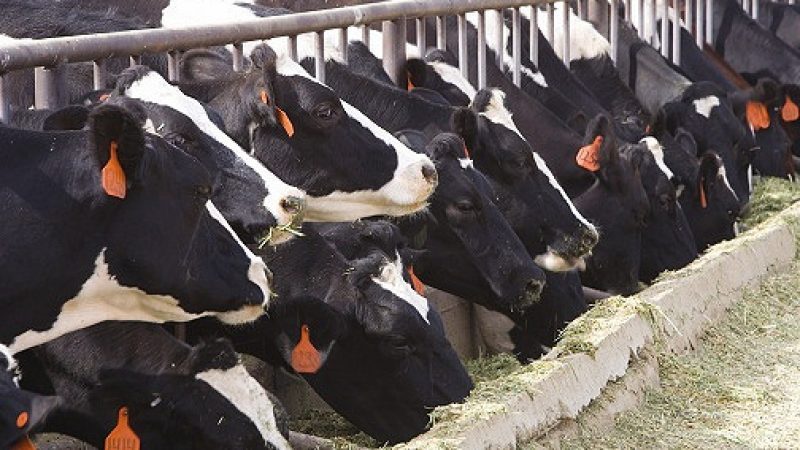The 2nd District Court of Appeals unanimously found the Department of Natural Resources has “explicit” authority to subject large farms to wastewater permit requirements intended to protect water quality. The three judges who issued yesterday’s decision to uphold Calumet County Judge Carey Reed’s 2024 ruling rejected Wisconsin Manufacturers & Commerce’s arguments. The group sought to challenge...
Please log in to access subscriber content.
If you don't have a subscription, please contact schmies@wispolitics.com for subscription options on the WisPolitics-State Affairs platform, which is the new home for WisPolitics subscriber products.

